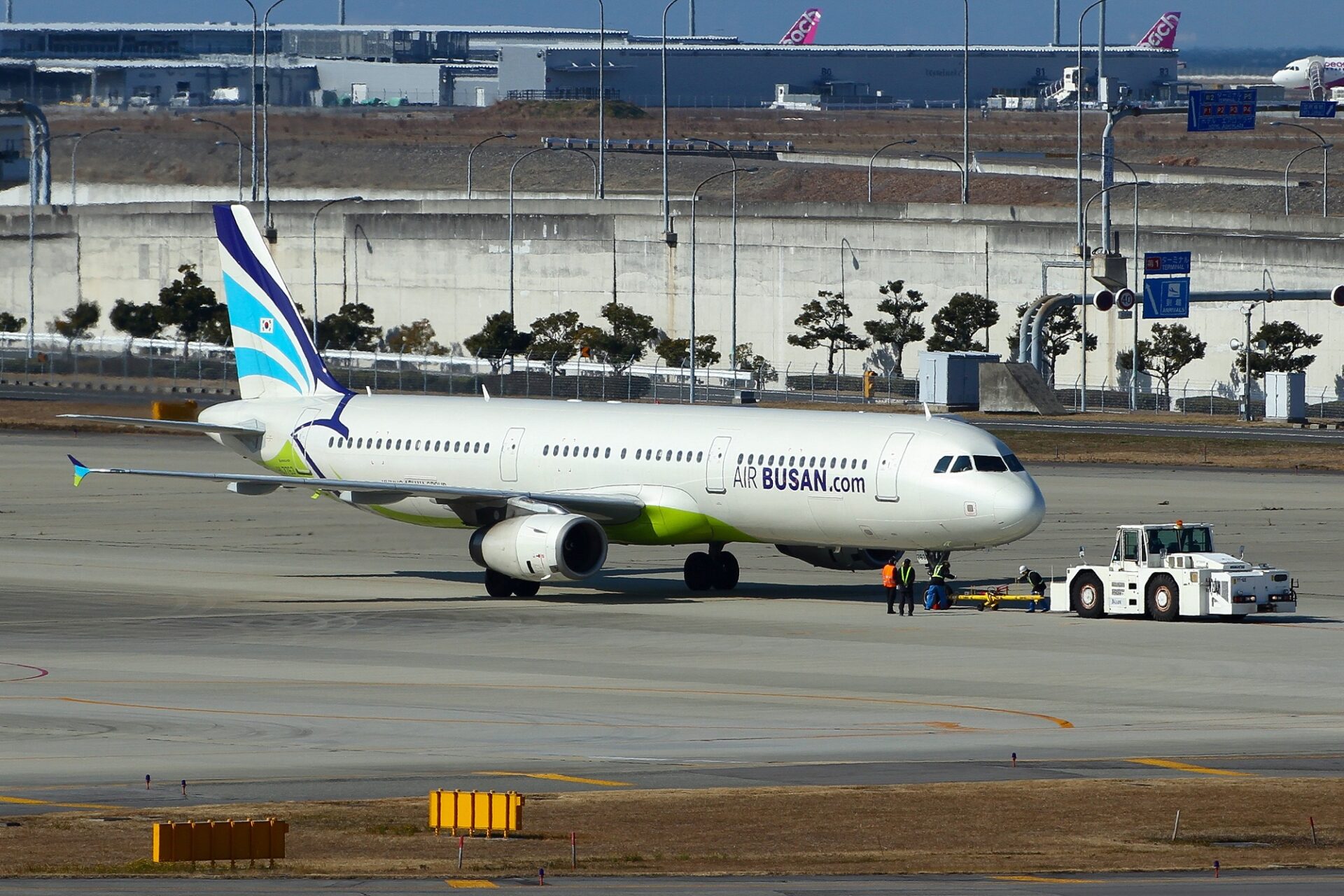Passengers traveling with South Korean airlines will be banned from storing lithium-ion power banks and e-cigarettes in overhead storage compartments, according to the country’s transport ministry.
On February 13, 2024, South Korea’s Ministry of Land, Infrastructure and Transport (MOLIT) announced that the new safety rules for lithium-ion batteries and e-cigarettes on domestic flights will start from March 1, 2025.
“As the public is very anxious about bringing power banks on board, we plan to further strengthen passenger guidance and management procedures for power banks and e-cigarettes through this measure,” said Yoo Kyung-so, Aviation Safety Policy Officer of MOLIT. “We hope that passengers will thoroughly comply with the standards for bringing power banks and e-cigarettes and actively cooperate with airline guidelines and security checks.”
Power banks and e-cigarettes will be banned from checked baggage and can only be taken on board in carry-on bags. Passengers must place them in their seat pocket, the ministry added.
The ministry stated that the rules for bringing power banks on board depend on their battery power. Approved batteries will be separately labeled with a sticker for quick verification during security checks. Using the in-flight USB to charge the power bank will be banned.
To avoid metal contact, the terminals of the power bank must be covered with insulating tape or kept in a protective pouch or plastic bag. Clear plastic bags will be available at the check-in counter and in the cabin to help prevent short circuits, so passengers can use them as needed, the ministry said.
If there is a concern about breaking the rules, for example, bringing an unapproved power bank, the object will be immediately handed over to the airline for inspection. Devices with built-in batteries, such as smartphones and laptops, are not affected by the new regulations since they have safety features to prevent short circuits.
The decision to implement the new regulations follows a serious fire incident on an Air Busan aircraft that caught fire just before takeoff at Busan Gimhae International Airport (PUS) on January 28, 2024.
So far, the investigation has revealed that the fire was not caused by a power bank. However, the ministry stated that these guidelines were created because a “preemptive response was necessary in consideration of public anxiety about the fire risk of power banks.”
If it is determined that a power bank caused the Air Busan fire, discussion will be held with the International Civil Aviation Organization (ICAO) to explore the possibility of further strengthening regulations, such as restricting the number of carry-on devices, the ministry said.

